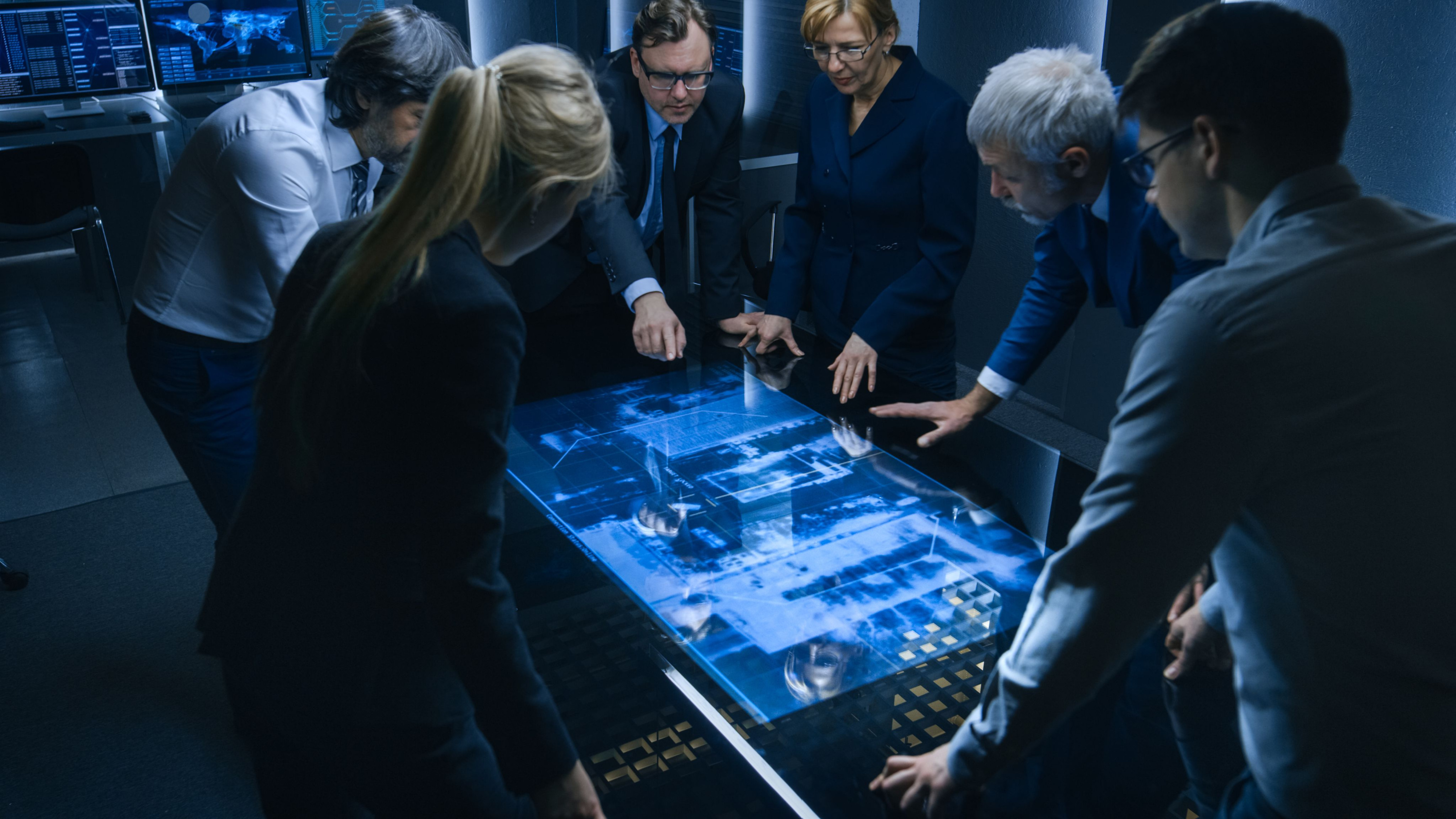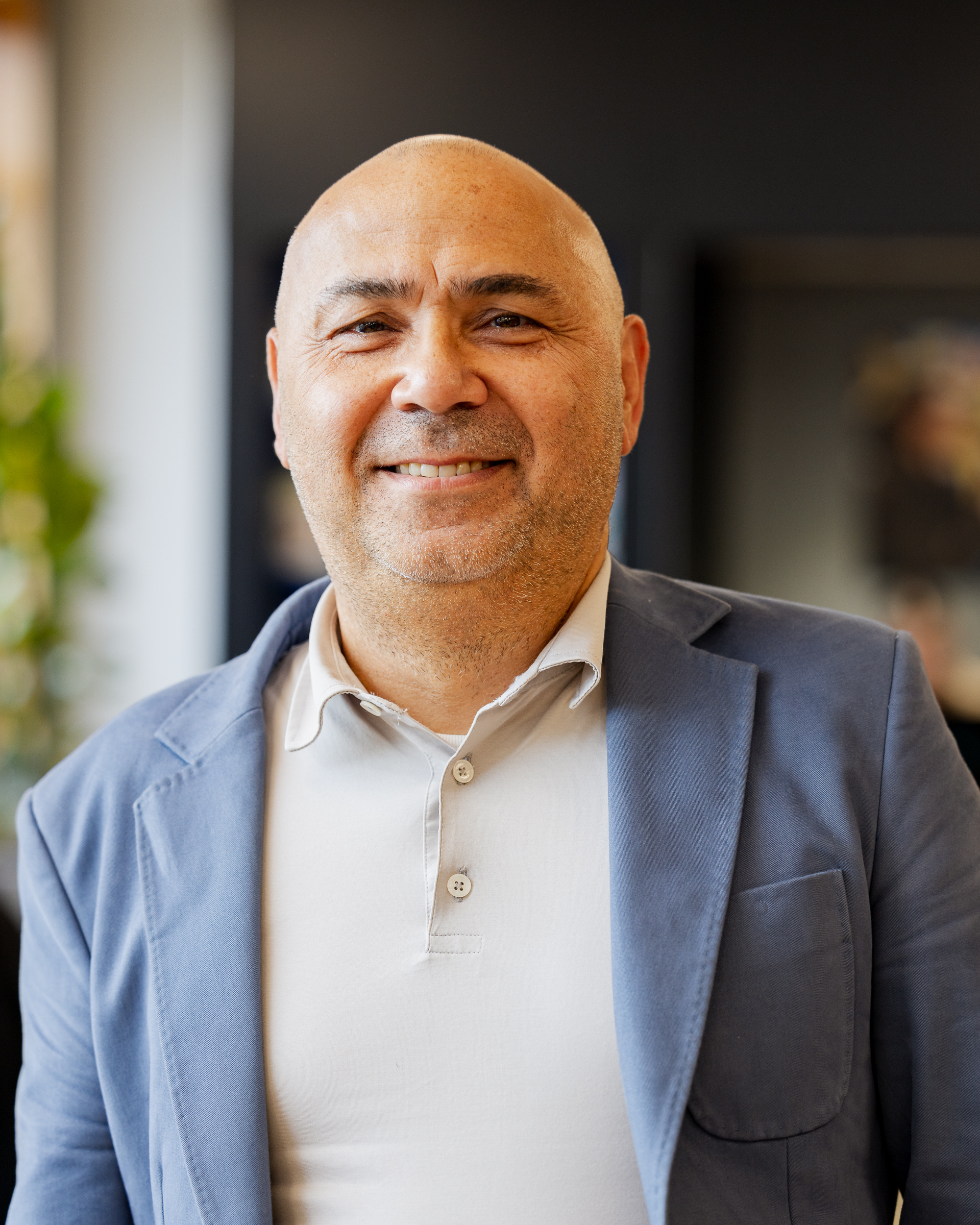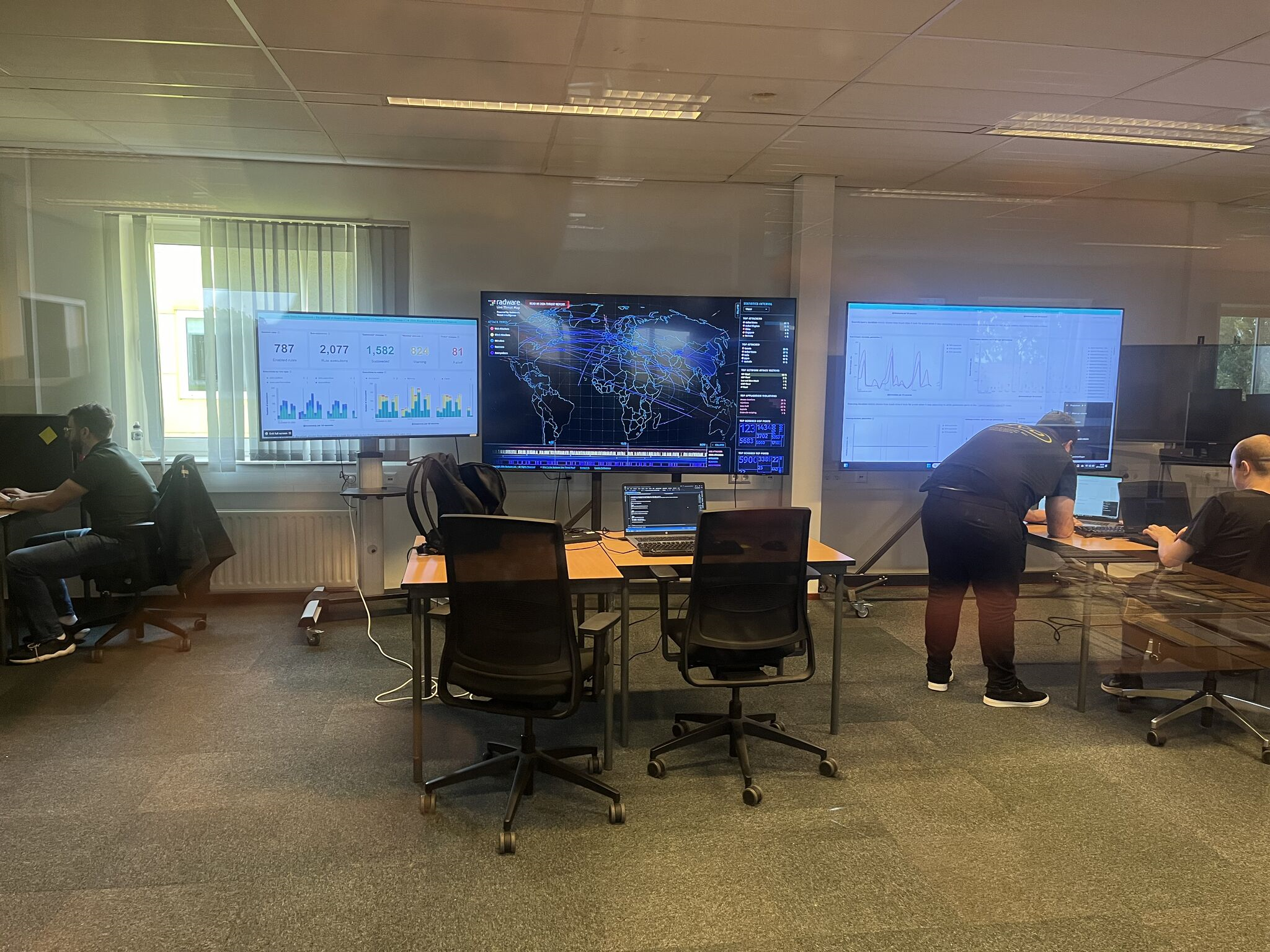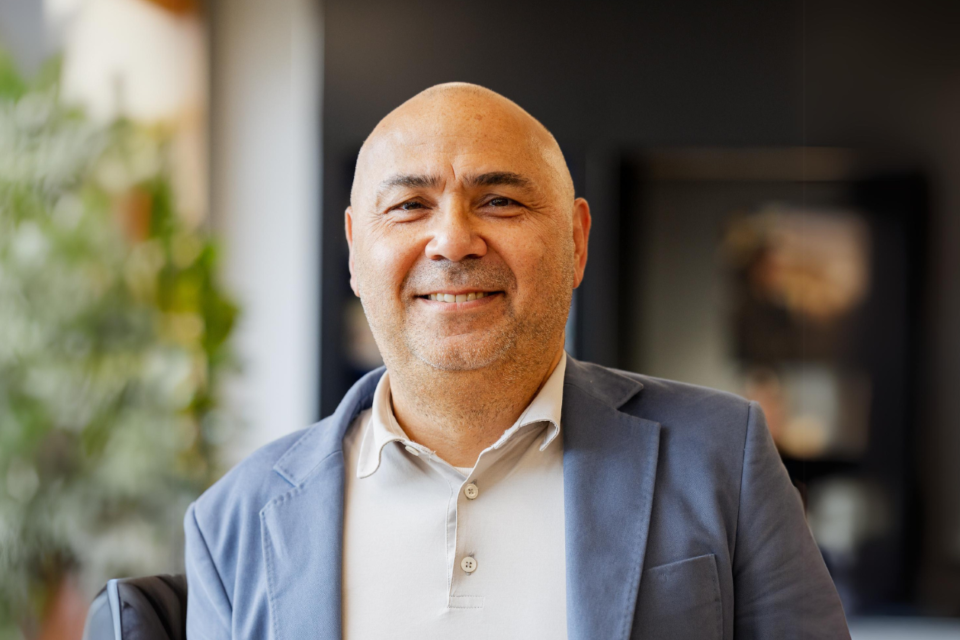Risk Management & Cyber Security
Centre of Expertise Cyber Security

Introduction
Risk has become a central characteristic of today’s modern, technology driven, globalized and interconnected society, sometimes referred to as ‘the risk society’.
Due to our dependency on technology, digital risks are on the rise. Originally, controlling risk was a key responsibility of the government. Nowadays many public and private actors have become involved in managing these risks. Every organization has to make difficult decisions about how much time and money is spent protecting its customers, technology and services. Risk management makes it possible to enhance these decisions, based on the best possible information.
About the research group
How can organisations effectively manage cyber risks? This question lies at the heart of the research conducted by the Risk Management & Cyber Security research group. The research group focuses on decision-making processes in risk management, the design of cybersecurity governance within organisations, and strategies to prevent and mitigate the impact of cyber attacks.
Researchers develop AI-driven models, tools, and methods that help organisations better assess risks and implement effective control measures. They also analyse how companies and institutions respond to cyber incidents and what is needed to strengthen that response. The role of the government and public-private partnerships are also important points of interest: how can we collectively strengthen the digital resilience of the Netherlands?
The research group’s work centres around three main themes:
- Shared risk management
- Security operation centres
- Adaptive learning community
About the professor
dr. Peter Roelofsma
Peter Roelofsma joined the Risk Management & Cyber Security group in August 2023, coming from the Safety and Security Science section of Delft University of Technology, where he worked at the Center for Safety in Healthcare. His experience in safety and security involves the domains of: health care, smart cities, military command & control, aeronautical control and risk and management in traffic tunnels.
His recent work involves issues regarding: organizational learning, shared mental models, safe and secure by design and the use of AI-coaching and sensors for safety and security.

Team
Within our research group, researchers, lecturer-researchers and students work closely with practice partners to conduct research. Together they are committed to translating the results of the research -knowledge and insights- into the practice of education and the region.




